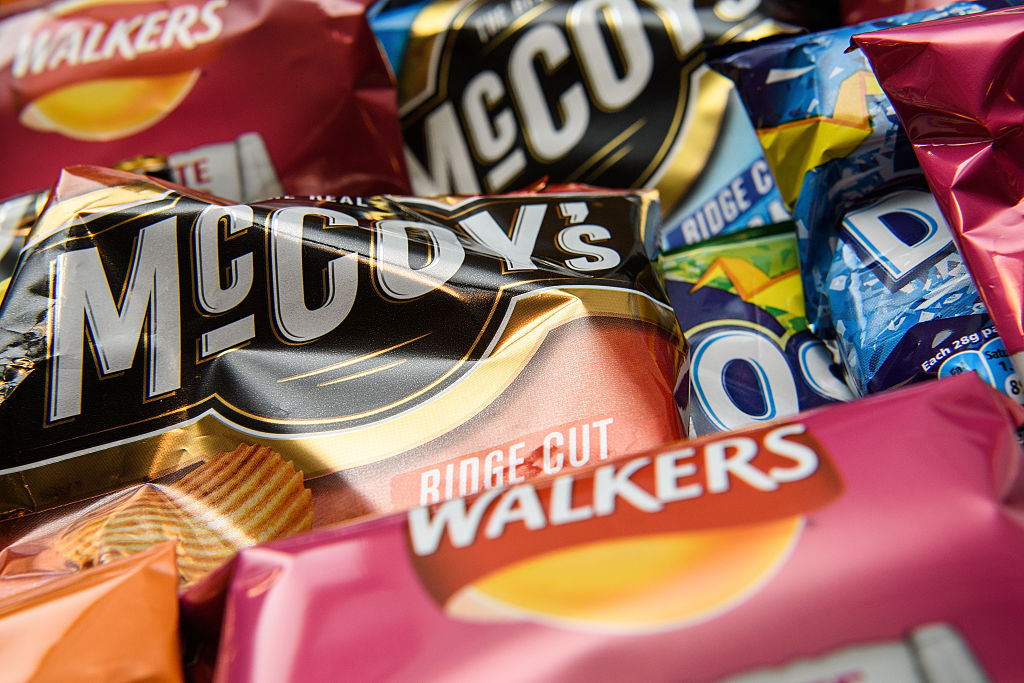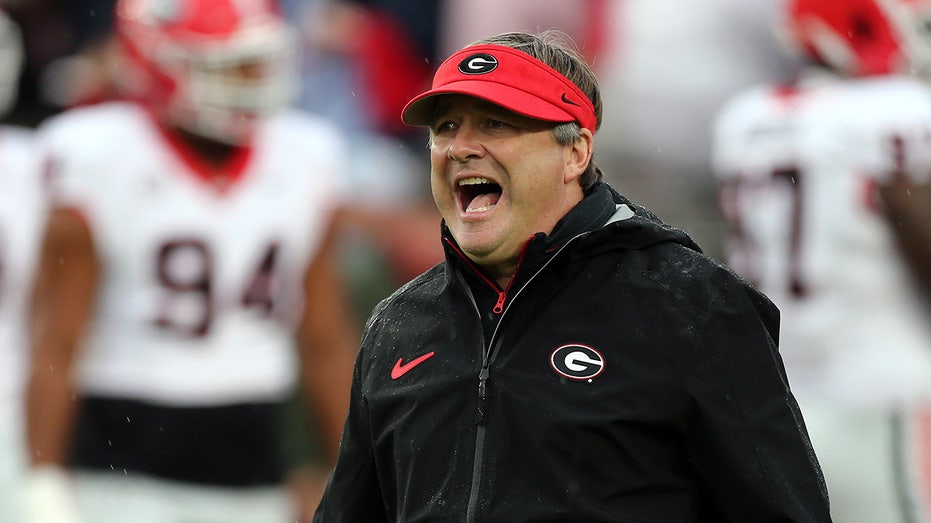From porridge to pizza: Junk food ban will have ‘inevitable impact on growth’ – advertisers warn
A pre-watershed ban on advertising junk food will have an “inevitable impact” on the UK’s “wider economic growth”, an advertising industry body has warned. The government claims the new policy, which will come into force from October 2025, will prevent an estimated 20,000 cases of childhood obesity. Legislation published on Tuesday afternoon reveals the broad [...]


A pre-watershed ban on advertising junk food will have an “inevitable impact” on the UK’s “wider economic growth”, an advertising industry body has warned.
The government claims the new policy, which will come into force from October 2025, will prevent an estimated 20,000 cases of childhood obesity.
Legislation published on Tuesday afternoon reveals the broad scope of the restrictions, which will cover: granola, porridge oats, yoghurt, ice cream, cakes, rice cakes, croissants, custard, pizza, fries and chips, plus a range of ready meals and pre-prepared food.
The ban was first proposed by Boris Johnson’s Conservative government in 2021 and means TV adverts for junk food products will be allowed only after 9pm.
It will also include a ban on paid-for online ads for these products to reduce children’s exposure to foods high in fat, sugar or salt.
But a spokesperson for the Advertising Association (AA) warned the move “will have an inevitable impact on the creative industries and wider economic growth that advertising plays a key role in driving”.
Slimmed down growth?
They stressed: “The government’s own impact assessment recognised that this could cost commercial media hundreds of millions of pounds.
“Money which would be used to fund journalism, new programming, sport, and Britain’s creative industries, all of which are vital to the government’s growth agenda.”
It comes as the Prime Minister and Chancellor have faced backlash from businesses over their Budget which raised taxes by £40bn including hiking employers’ national insurance.
But the AA spokesperson added that the industry was “working closely” with minister and regulators to ensure the “policy is workable from day one”, and said the secondary legislation coming into force gave advertisers “more certainty” over the junk food advertising ban.
However, they cautioned that the policy’s impact “in reducing the daily calorie intake of an average child will be minimal at best while potentially costing our sector millions of pounds”.
The government said the ban was expected to remove 7.2bn calories a year from UK children’s diets, and their impact assessment noted that “overall the studies do find a clear link between food advertising and calorie consumption”.
Junk the policy?
While it also suggested that measures could cut just 2.1 calories from children’s diets each day while costing advertisers £659m in returns over 25 years.
Chris Snowdon, from the Institute of Economic Affairs (IEA), argued the ban itself had “no global precedent so Britain is in uncharted territory”, and said he did not believe it would lead to a “reduction in obesity”.
He added: “Every other anti-obesity policy has failed, including the sugar tax and mandatory calorie labelling, and I see no reason why this will be any different.
“It is bad news for broadcasters, internet platforms and for everyone who uses them.”
Streeting insisted: “Obesity robs our kids of the best possible start in life, sets them up for a lifetime of health problems, and costs the NHS billions.
“This is the first step to deliver a major shift in the focus of healthcare from sickness to prevention, and to meeting our ambition to give every child a healthy, happy start to life.”
Council junk food powers?
And NHS medical director Professor Sir Stephen Powis welcomed the new law and stressed that “one in eight toddlers and primary school children are obese”, which he said was “storing up problems for a future NHS which already spends billions dealing with the issue”.
Health experts warn obesity is the second biggest preventable cause of cancer, and costs the UK health service more than £11bn, the PA news agency reported.
David Fothergill, from the Local Government Association (LGA), said childhood obesity was “one of the biggest public health challenges we face”, but called for “greater powers for councils to tackle the clustering of takeaways and restricting junk food adverts near schools”.
A spokesperson for the Food and Drink Federation (FDF) said the organisation welcomed the “long-awaited” publication of further details, but stressed: “We still need the advertising regulator to publish its implementation guidance as soon as possible to ensure businesses have all the information needed to comply.
“We’re committed to working with policy makers to support healthier diets and our industry already adheres to advertising rules which restrict the advertising of less healthy food on children’s media.”



